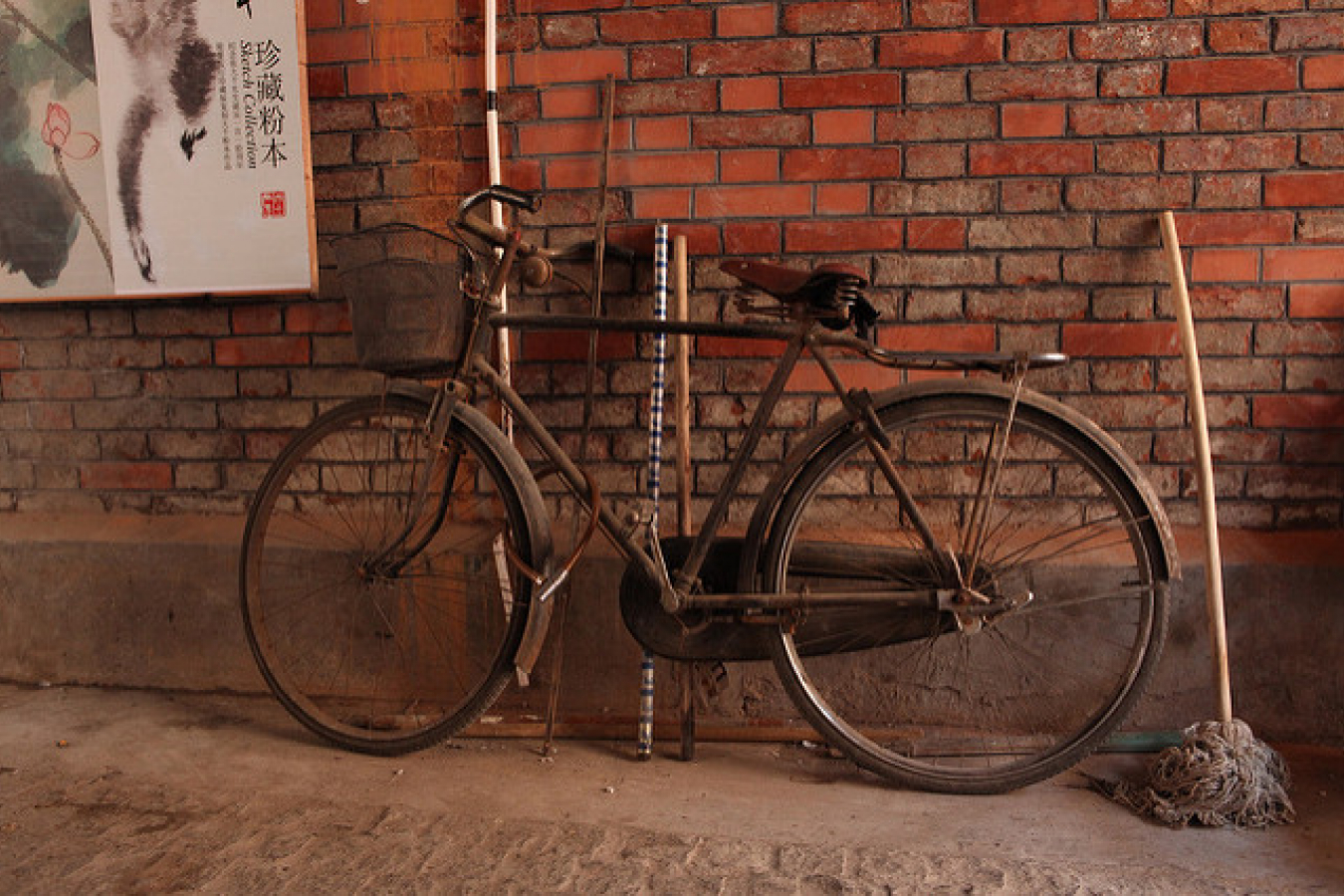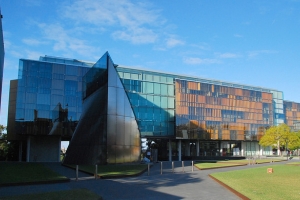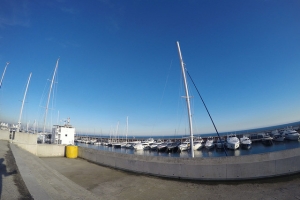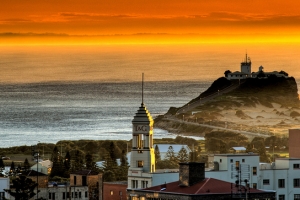Support migrant centric journalism today and donate

Australian meat processor T&R Pastoral has paved the way for a new era of mass migration into the town of Murray Bridge.
The company is sponsoring the migration of 100 skilled Chinese meat-processing workers and their families, 40 of whom arrived in Murray Bridge this month.
And, much like the wave of European migration following World War II - the most significant reminder of which is Murray Bridge's market garden and glass house industry - the latest influx of migrant workers is expected to reshape and enrich the town.
The workers, men and women, have already enabled T&R to start a second shift, expected to boost production by 25 per cent.
The workers have been sponsored by T&R under the Skilled Worker Migration Program, making the company wholly responsible for the migrants' welfare and safety.
T&R Pastoral human resources manager Paul Strong said he and a delegation of T&R executives had travelled to China's Henan Province to "hand pick" skilled meat processing workers.
The workers were assessed by Warrnambool TAFE before they were selected, following talks with senior Chinese government officials.
Those recruited hold four-year visas in Australia, but Mr Strong said the company would sponsor successful workers for permanent residency after a 12-month assessment.
In the meantime, the families, and in many cases one child, are living in rental accommodation secured by T&R during the past six months.
The international recruitment campaign has not come without opposition though.
Some workers and residents have voiced concern to The Standard that T&R had abandoned local workers.
However, T&R director Darren Thomas said the company had no intentions to replace its 700-strong local workforce.
"Nothing could be further from the truth, we'd be mad to," Mr Thomas said.
"There are 880 people on site here, 800 of those are process workers and 140 of those are of international backgrounds - that includes Chinese, Afghani, Sudanese, New Zealander, Iraqi and Sierra Leonean, we do have a multicultural workforce."





















